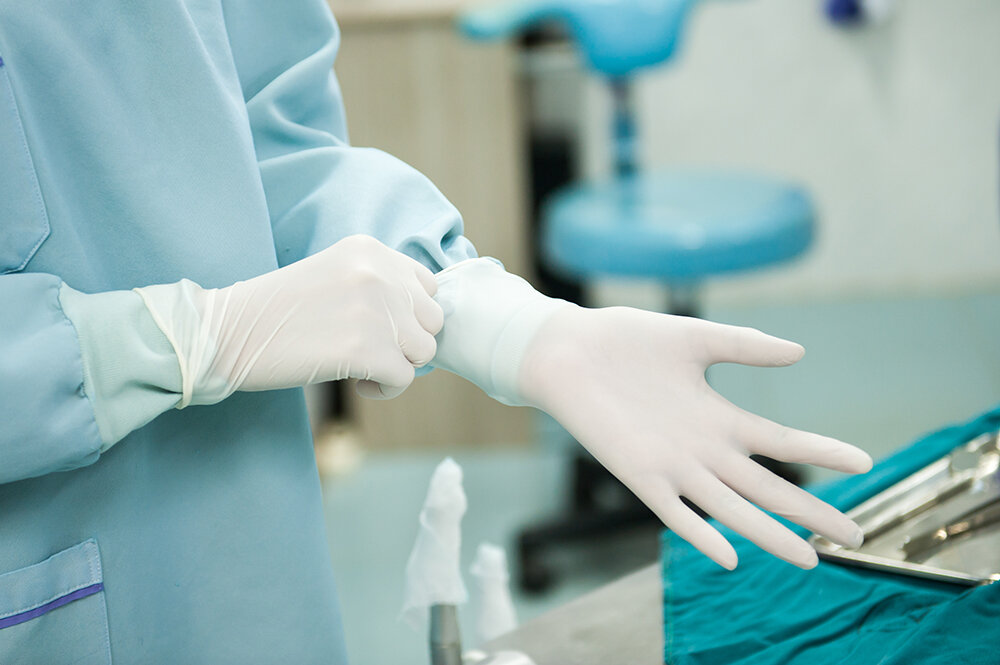SAMED has played an active role in helping our members deliver on their commitment to support HCPs and the patients who have had their procedures delayed due to COVID-19. The pandemic has forced laboratories, hospitals and surgical facilities to restrict elective surgical procedures and other non-emergency and non-essential services and to limit physical access to facilities for non-essential healthcare personnel, patient visitors and medical device representatives.
To this end, SAMED has consulted with members, healthcare providers, patient associations and international medtech associations to understand their concerns and recommendations. This assists in conceptualising a roadmap for restoring patient care and in aligning our industry’s approach for safe return to procedure with plans and processes of other key stakeholders. These engagements have also enabled us to prepare a SAMED guidance document on the re-entry of medical device representatives to healthcare facilities.
SAMED’s position paper on return of medtech representatives to procedure
This position paper provides principles and evidence-based considerations on when and how to resume entry of representatives into facilities so they can safely provide in-theatre support for elective surgeries.
The approach seeks to minimise the transmission of COVID-19 to patients, clinicians and medical representatives in a manner that protects patients first.
It recommends that facilities factor the necessary and appropriate help from medical device representatives as they prioritise and schedule cases and to communicate personal protective equipment (PPE) shortages in advance so that medical representatives are adequately prepared. Closer alignment and communication will improve the ability of medical representatives to provide appropriate and timeous support for technology used in procedures.
The position paper principles are intended to account for: (1) the need for patient care; (2) the limited availability of PPE; (3) the capabilities and availability of diagnostic testing; (4) the current understanding about COVID-19 disease and immunity; (5) the lack of an approved vaccine; and (6) the application of local laws, regulations and official/health authority guidelines, which shall prevail in the event of any conflict or inconsistency with these principles.
The policy paper guides that the protection of clinicians and medical representatives should happen in a way that: conserves and prioritises the use of limited PPE; avoids unnecessarily duplicative, inefficient or otherwise wasteful activities or expenditures; and meets the obligations of both providers and suppliers.
Further details are contained in SAMED’s position on re-entry of medical representatives to health facilities.

